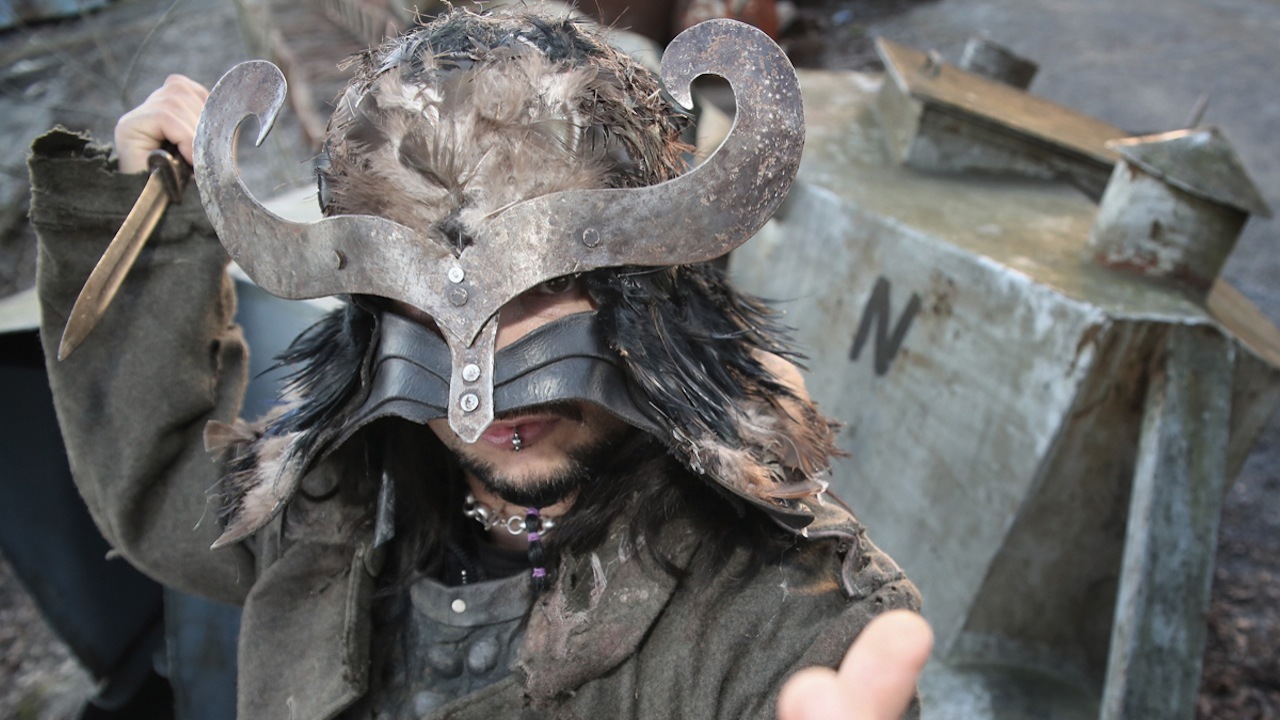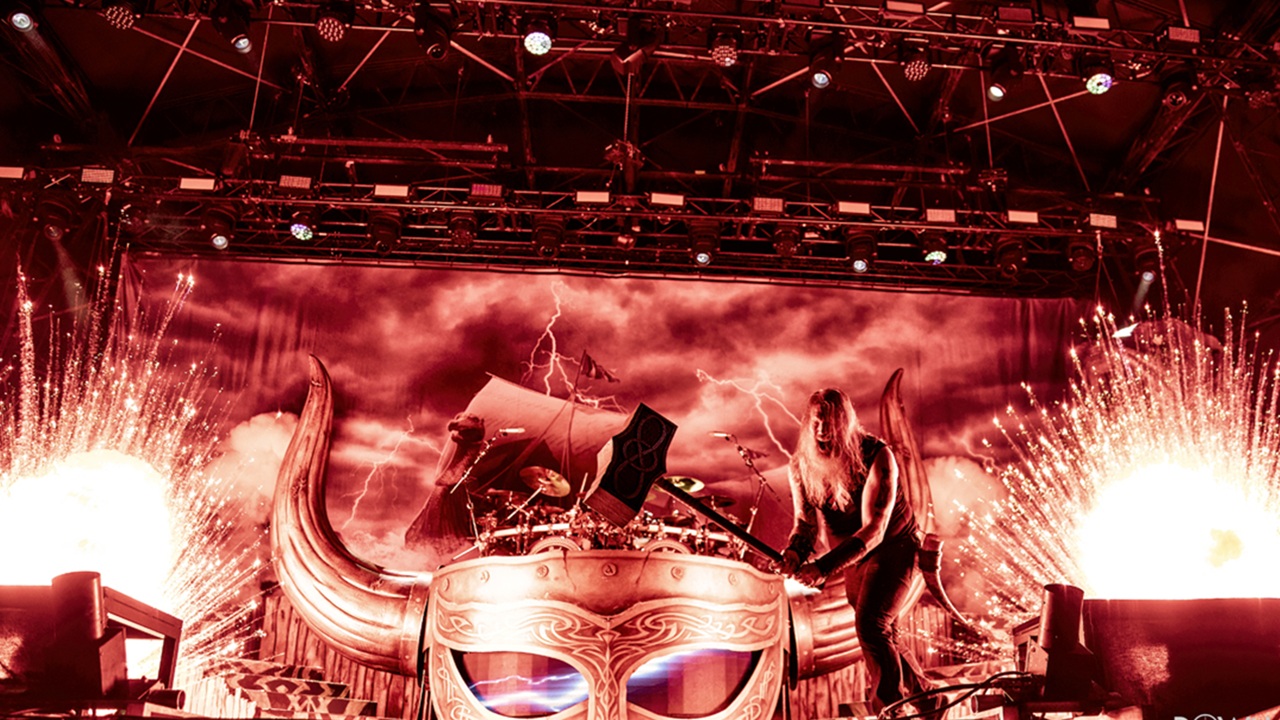You can trust Louder
Almost as soon as they appeared a quarter of a century ago, Arcturus began turning heads with a very forward-thinking experimental and artistically ambitious take on the black metal template.
In many ways their primary appeal – underlined by the unforgettable 1997 landmark release La Masquerade Infernale – was the degree of sophistication that their music boasted and their musical unpredictability, a trait that sat well with the intellectual and artistic aspirations bubbling within the underground at that time.
When Kristoffer ‘Garm’ Rygg eventually left the band to concentrate on Ulver, the band seemed to lose these characteristics somewhat, the tightrope between serious artistic expression and playful flamboyance that had been expertly walked now becoming somewhat more uncertain. And while their last album, Sideshow Symphonies, was a stronger effort than it’s often given credit for, there was definitely a slight sense of cartoonishness about it at times that ill-suited the group.
It is therefore deeply gratifying to discover that the band’s return to the scene is accompanied by a return to grandeur and finesse of old. The songwriting is once again intricate and ever-shifting, graceful in its transitions, with detail and depth to rival 2002’s The Sham Mirrors. Likewise, the performances are exemplary; the otherworldly vocals of Simen Hestnæs are an obvious focal point, of course, but the rich arrangements are matched by flawless musicianship, be it Knut Magne Valle’s distinctive guitar-playing or founding member Sverd’s dramatic synth work.
What’s most interesting is that with the benefit of 10 years’ hindsight, Arcturian seems to consciously reference the group’s back catalogue and recapture the artistic approach that made it so engaging. As at their peak, the band are contemporary in technique, looking outside the metal genre and embracing new technologies, an example being the dubstep traits on the sublime The Journey. They also continue to be thematic, with a definite Eastern vibe accompanying the familiarly futuristic aesthetic this time around – Demon being but one example vibe.
But perhaps most importantly, the songs on this album once again grip the listener with a dark and sometimes unhinged charm, a sense of twisted melodrama rising through the carefully constructed numbers – and really, isn’t that what you want from an Arcturus album?/o:p
Sign up below to get the latest from Metal Hammer, plus exclusive special offers, direct to your inbox!

